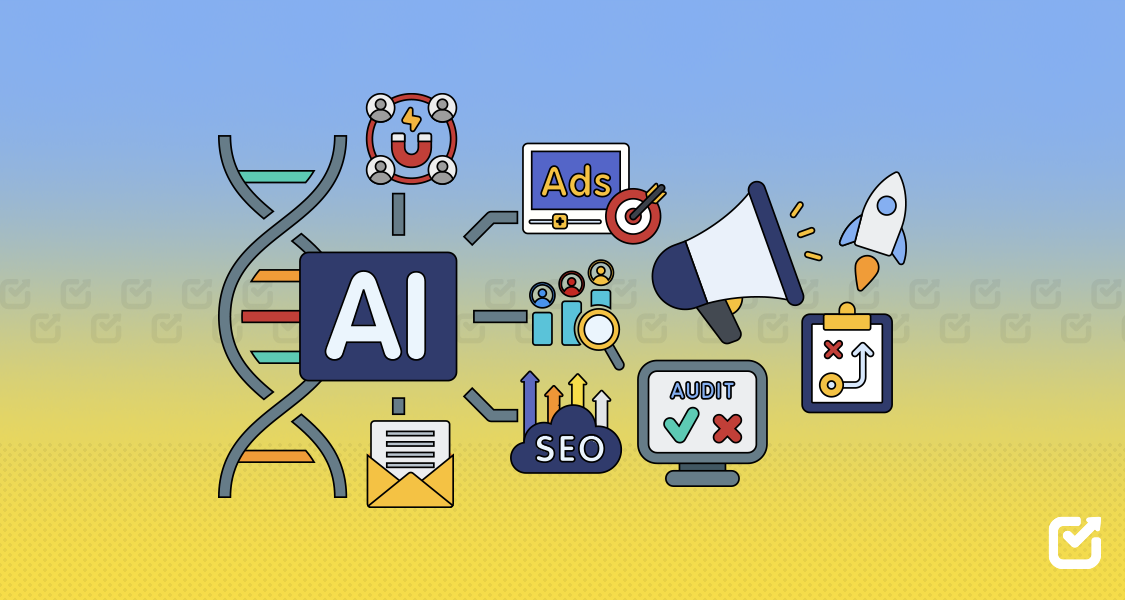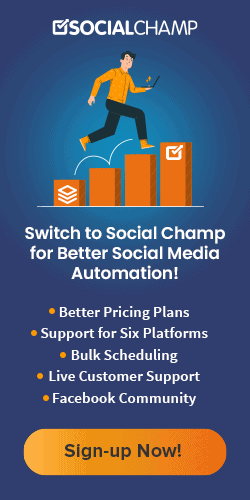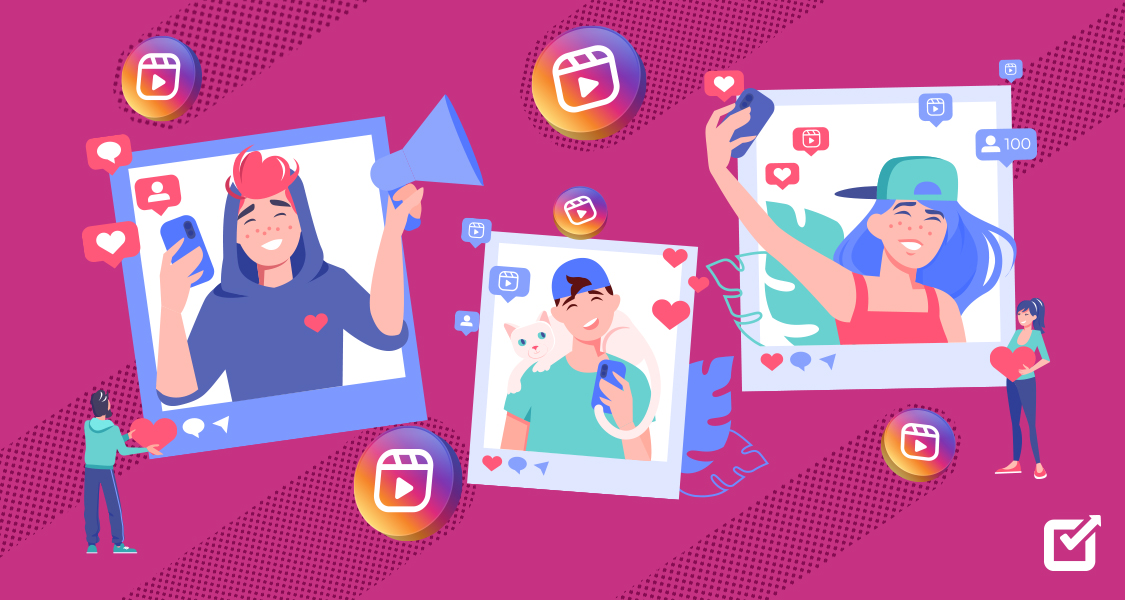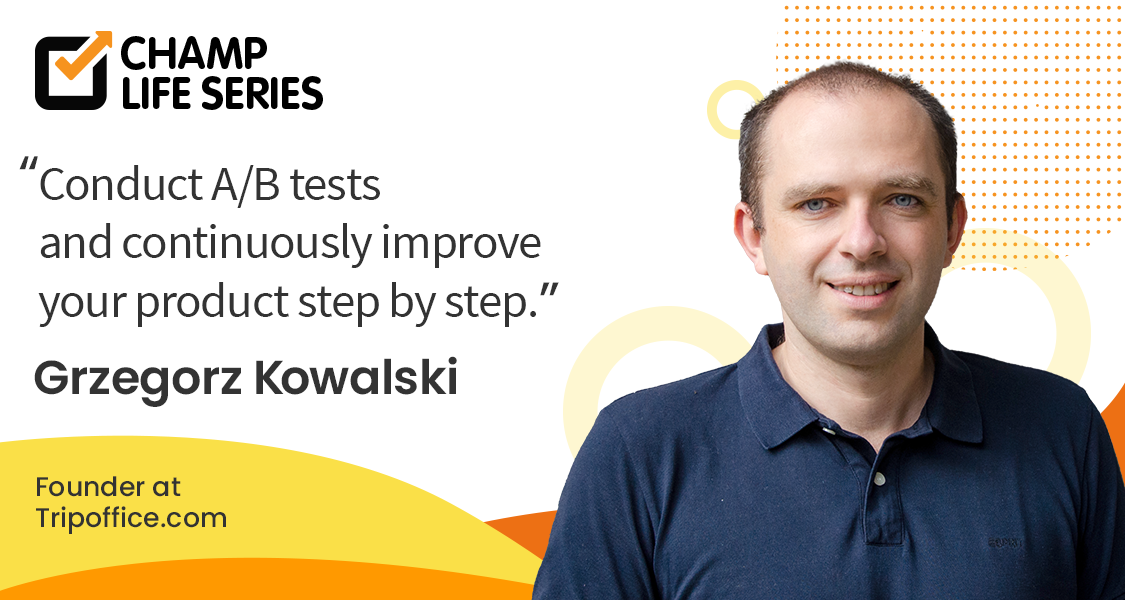Still wondering if using AI is the right choice for you?
These use cases might change the way you think!
Let’s be real: AI is no longer a passing trend; it’s now a core part of marketing.
Brands use it daily to make smarter decisions, engage their audience, and optimize campaigns in ways that weren’t possible just a few years ago.
With AI, marketers can deliver highly personalized content at scale, make real-time adjustments, and track performance in ways that truly matter.
Leading companies like Amazon, Netflix, and Coca-Cola are already taking advantage of AI to drive results—from predicting trends to fine-tuning their ad campaigns.
As we approach 2025, AI’s role in marketing will only continue to grow, offering even more ways to enhance customer experiences, improve targeting, and drive ROI.
Let’s dive into the top 7 AI use cases in marketing that are transforming the industry and setting the stage for future success.
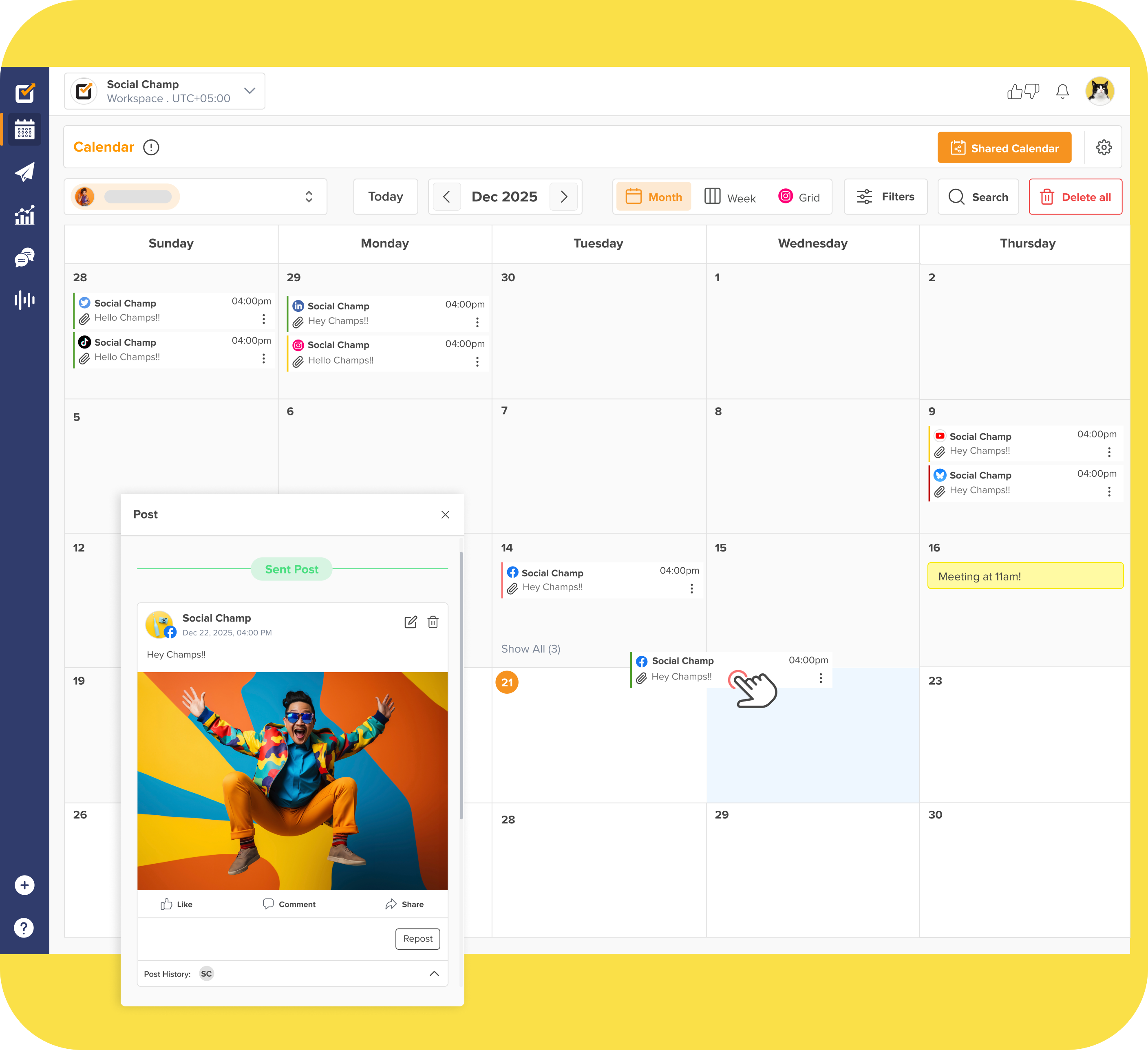
Ready to Take Control of Your Social Media Performance?
Try Social Champ’s Analytics feature today! Get in-depth insights on your campaigns, track key metrics, and optimize your strategy for better results.
Short Summary
- AI helps automate repetitive tasks, freeing up time for creative and strategic work. This includes social media scheduling, email marketing, and customer service.
- AI enables marketers to analyze vast amounts of data, uncovering consumer behavior patterns and trends. This helps refine targeting and optimize messaging.
- AI powers personalized experiences at scale, tailoring content, offers, and interactions based on individual preferences and past behavior.
- With AI, marketers can make smarter decisions, driving better results and increasing ROI.
- The advancement of AI in marketing is not just about efficiency; it’s about rethinking customer engagement and ensuring more meaningful interactions.
7 Powerful AI Use Cases in Marketing for 2025
-
Analyzing Social Media Data
One of the most significant ways AI transforms marketing is through its ability to analyze massive amounts of social media data.
Every day, millions of users share content, interact with brands, and engage in conversations online.
However, manually sifting through this data can be overwhelming for marketers.
This is where AI comes in!
With advanced AI-powered algorithms, marketers can process and analyze vast amounts of social media data in real-time, uncovering trends, sentiment, and audience preferences.
By using AI to track and interpret social media activity, brands can:
- Identify key influencers who resonate with their target audience.
- Understand audience sentiment by analyzing comments, likes, and shares.
- Detect emerging trends and adjust marketing strategies accordingly.
- Monitor brand reputation and respond to customer feedback quickly.
By automating these tasks, AI in marketing use cases can significantly enhance the ability to make informed decisions, leading to better-targeted campaigns and more personalized consumer interactions.
-
AI-Powered Content Creation
Content is king in marketing, but creating high-quality, engaging content at scale is a daunting challenge.
AI-powered content creation tools, such as Social Champ’s AI Content Wizard, are changing the way content is generated.
These tools use natural language processing (NLP) and machine learning to analyze existing content and generate new, relevant pieces based on specific keywords, topics, and target audiences.
AI content generators can:
- Write blog posts, articles, and product descriptions
- Generate social media captions tailored to each platform
- Create email subject lines and body copy that increase open rates
- Produce SEO-friendly content to improve website rankings
By automating content creation, brands can streamline their content marketing efforts while still maintaining high levels of personalization.
AI use cases in marketing related to content creation not only save time but also help marketers stay agile, creating content on-demand to meet the needs of their audience.

Create, Schedule, Grow. All Powered By AI!
From brainstorming to posting, Social Champ’s AI-powered tools handle it all. Perfect for busy marketers who want results, fast.
-
Social Media Advertising and Campaign Targeting
Another impactful use case of AI in marketing is in the realm of social media advertising.
Platforms like Facebook, Instagram, and X offer powerful targeting options, but AI takes this to the next level.
By leveraging AI-driven algorithms, brands can fine-tune their ad campaigns to reach the right audience at the right time.
Here’s how AI improves social media advertising and campaign targeting:
- Predicts user behavior based on previous interactions and browsing history
- Optimizes ad spending by allocating budgets to high-performing ads
- Automates A/B testing, identifying the most effective messaging and visuals
- Refines targeting by analyzing user preferences, demographics, and interests
With these capabilities, AI allows brands to create highly targeted ad campaigns that reach their ideal customers, increasing the likelihood of conversions and improving overall ROI.
This is one of the top AI use cases in digital marketing, and it will continue to evolve and benefit marketers in 2025 and beyond.
Featured Article: Top 10 Content Collaboration Tools & Platforms to Boost Teamwork in 2025
-
Social Media Scheduling and Posting
Consistency is key to maintaining an effective social media presence.
However, posting content at optimal times for maximum engagement can be a logistical challenge.
Enter AI-powered social media scheduling and posting tools, like Social Champ.
These tools use AI to analyze engagement patterns and determine the best times to post content based on your audience’s activity.
With AI in social media scheduling, brands can:
- Automate posting at peak times to maximize visibility and engagement
- Tailor content to different social platforms for maximum impact
- Track the performance of scheduled posts and adjust strategies accordingly
Social Champ goes even further by offering a centralized platform for managing multiple social media accounts, scheduling posts in advance, and analyzing results—all in real time.
This AI-driven approach saves marketers significant time while ensuring that their content reaches audiences when they are most active.
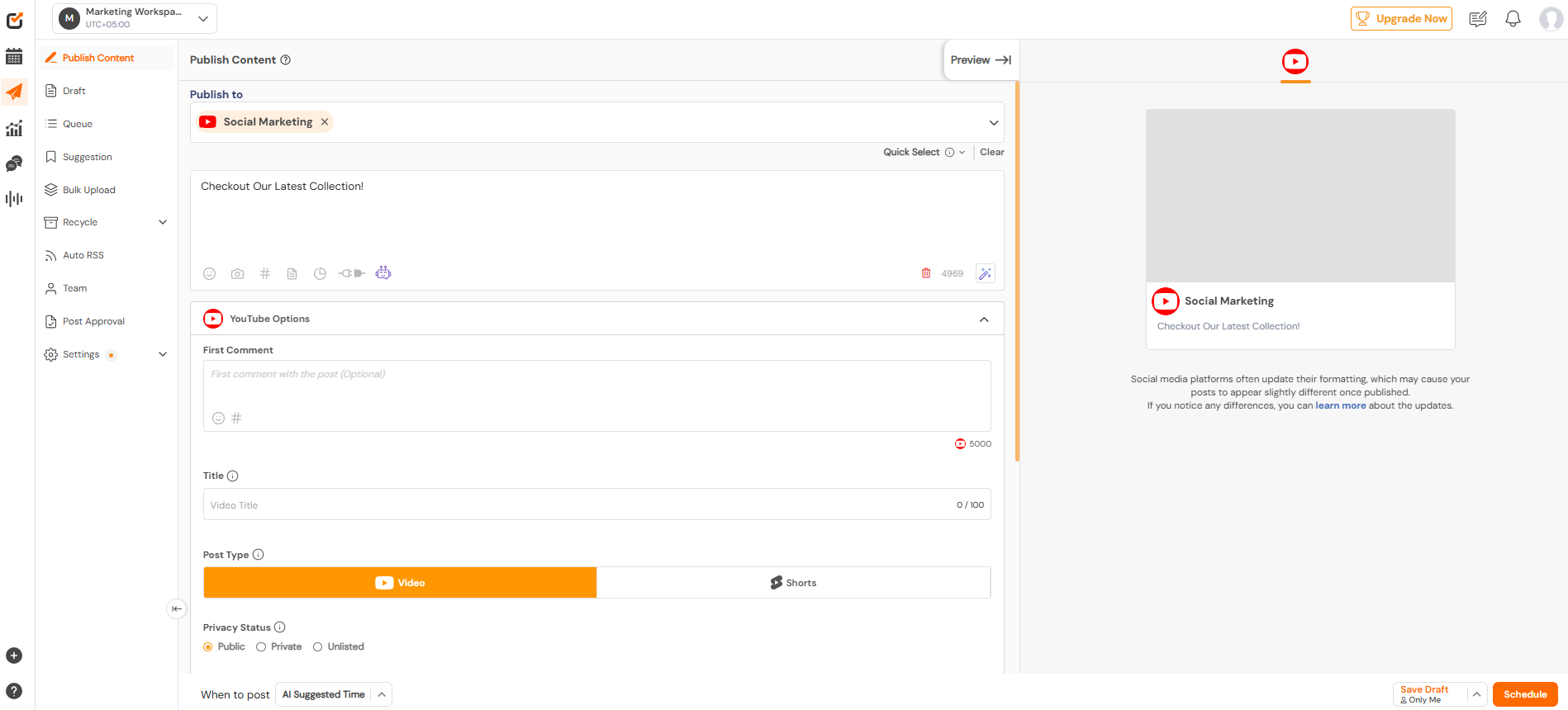
Social Champ’s Dashboard -
Building Chatbots for Customer Service
Customer service is critical to any successful marketing strategy, and AI-powered chatbots are taking it to the next level.
By using natural language processing (NLP), chatbots can engage with customers in real-time, answering questions, solving problems, and even making recommendations—all without human intervention.
AI chatbots can:
- Answer frequently asked questions (FAQs) 24/7
- Handle simple inquiries like order tracking or product availability
- Provide personalized recommendations based on user data
- Qualify leads by engaging potential customers and capturing their information
With AI chatbots, brands can offer exceptional customer service around the clock, improving customer satisfaction while also saving time and resources.
-
Sentiment Analysis
Understanding how people feel about your brand or campaign is more important than ever.
Sentiment analysis uses AI to analyze the tone of conversations around your brand on social media, reviews, and other online platforms.
It helps marketers gauge public perception—whether it’s positive, negative, or neutral—and adjust their strategies accordingly.
Some ways AI-powered sentiment analysis can enhance your marketing efforts include:
- Tracking customer reactions to new product launches or campaigns
- Identifying potential PR issues before they escalate
- Understanding customer pain points by analyzing feedback
- Measuring the effectiveness of your brand messaging in real-time
- Monitoring how specific content resonates with your audience
With Social Champ’s Sentiment Analysis feature, you can easily measure your audience’s emotions and quickly adjust your content strategy for maximum impact.
By staying in tune with what your followers are saying, you can engage them more meaningfully and responsive, boosting customer satisfaction and loyalty.
-
Social Media Performance Measurement
Knowing how your social media campaigns perform is crucial for optimizing your strategy.
Social media performance measurement provides insights into engagement, reach, clicks, and conversions—key metrics that reveal how well your content resonates with your audience.
Some ways AI-driven performance measurement can help optimize your campaigns include:
- Tracking engagement levels for each post to understand what works
- Measuring reach and impressions to evaluate visibility
- Analyzing conversion rates to determine the effectiveness of CTAs
- Comparing organic vs. paid campaign performance
- Identifying trends in audience behavior to adjust future content
With Social Champ’s Analytics Feature, you get in-depth reporting and real-time data, allowing you to adjust your campaigns as needed.
With detailed insights at your fingertips, you can ensure every post is optimized for success and ROI.
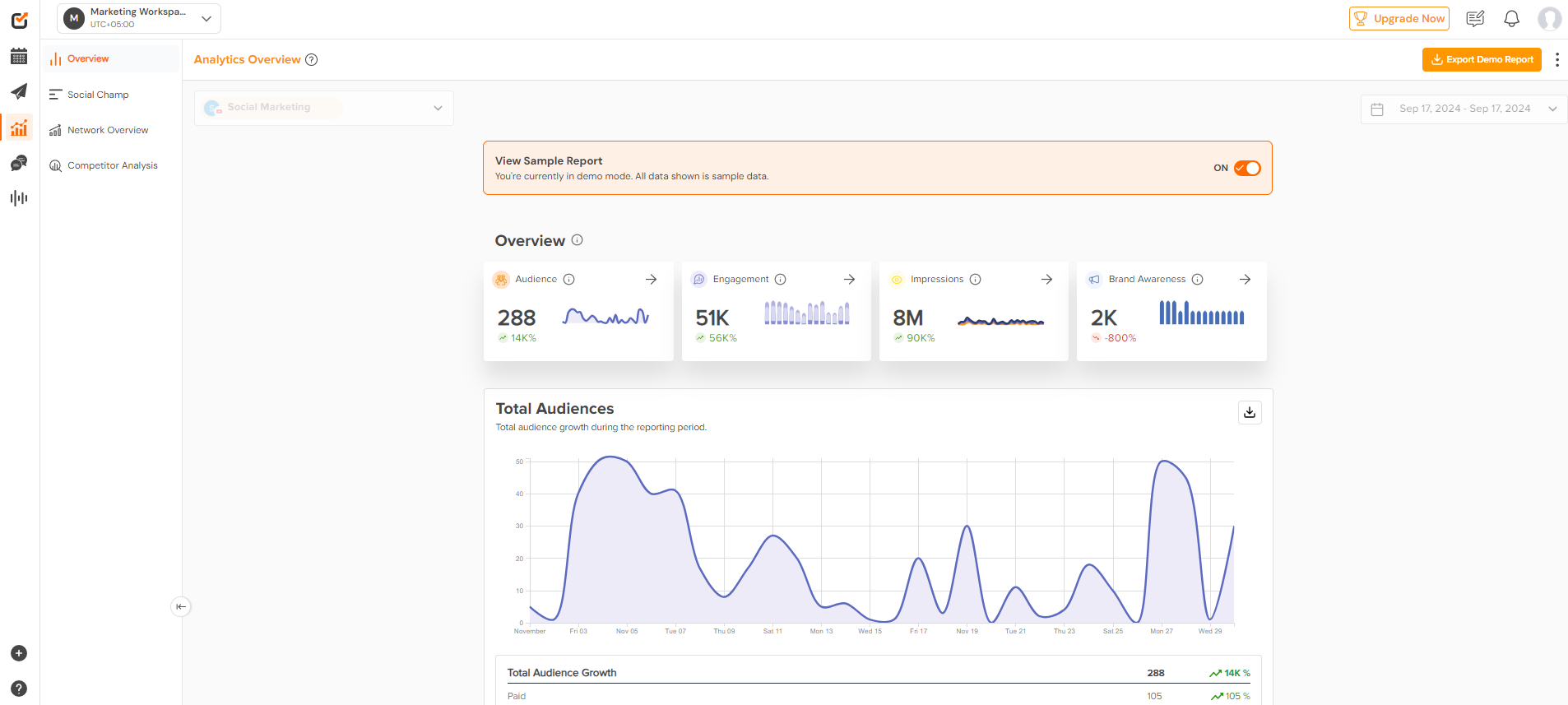
Social Champ’s Analytics
Why AI Use Cases in Marketing Are Crucial for 2025
As we look ahead to 2025, the importance of AI in marketing is becoming undeniable.
From boosting efficiency to delivering personalized experiences at scale, AI use cases in marketing will be at the forefront of successful marketing strategies.
Here’s why AI is crucial for marketers in the coming years:
Automation of Repetitive Tasks
AI can take over many of the repetitive, mundane tasks that consume valuable time.
This not only increases efficiency but also allows marketers to focus on high-level strategy and creative work.
- Social Media Management: AI tools can schedule posts, analyze engagement, and optimize posting times.
- Email Marketing: AI-driven systems can automatically personalize email content based on user behavior, preferences, and past interactions.
- Customer Service: Chatbots and automated assistants can handle customer inquiries, improving response times and satisfaction.
By automating these tasks, AI allows marketing teams to do more with less, ultimately saving both time and resources.
Deep Data Insights for Smarter Decisions
In marketing, data is king, and AI excels at analyzing massive datasets quickly and accurately.
AI use cases in digital marketing allow marketers to gain actionable insights into consumer behavior, preferences, and trends that would be impossible to spot manually.
- Customer Segmentation: AI can group customers based on behaviors, helping marketers create more targeted campaigns.
- Trend Prediction: With predictive analytics, AI can forecast future trends, enabling proactive marketing strategies.
- Campaign Performance: AI can analyze past campaigns to identify what worked and what didn’t, offering actionable insights to optimize future efforts.
These insights empower marketers to make smarter, data-driven decisions that enhance the effectiveness of their campaigns.
Personalization at Scale
One of the most powerful AI use cases in marketing is its ability to deliver hyper-personalized experiences to consumers at scale.
AI can analyze user data and preferences in real-time, allowing brands to craft tailored messages that resonate with individual consumers.
- Customized Content: AI tools can automatically recommend content, products, or services based on a consumer’s browsing or purchasing history.
- Dynamic Pricing: AI can adjust prices based on demand, customer profile, and competitor pricing, creating a personalized shopping experience.
- Targeted Ads: AI can optimize ad placement and targeting based on real-time user behavior, ensuring that ads are shown to the most relevant audience.
By delivering a more personalized experience, AI helps brands build stronger connections with their customers, driving higher engagement and loyalty.

Ready to Take Your Content Creation to the Next Level?
Try Social Champ’s AI Content Wizard today and effortlessly generate high-quality, engaging content that resonates with your audience!
Conclusion
AI is transforming the marketing landscape, offering innovative ways to improve targeting, content creation, customer engagement, and decision-making.
By incorporating these AI use cases in marketing, businesses can streamline their processes, enhance customer experiences, and ultimately boost ROI.
As we move into 2025, it’s clear that AI will continue to shape the future of marketing, and those who embrace its potential will be at the forefront of success.
Ready to transform your marketing strategy?
Start leveraging AI tools today and stay ahead of the curve in the fast-evolving world of digital marketing.
